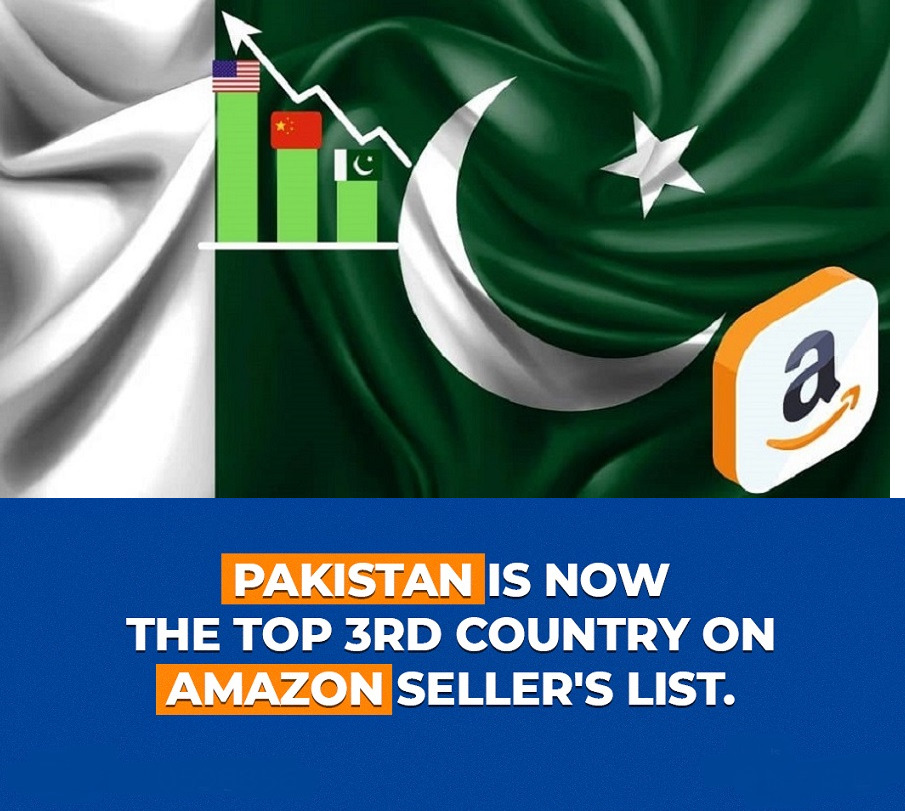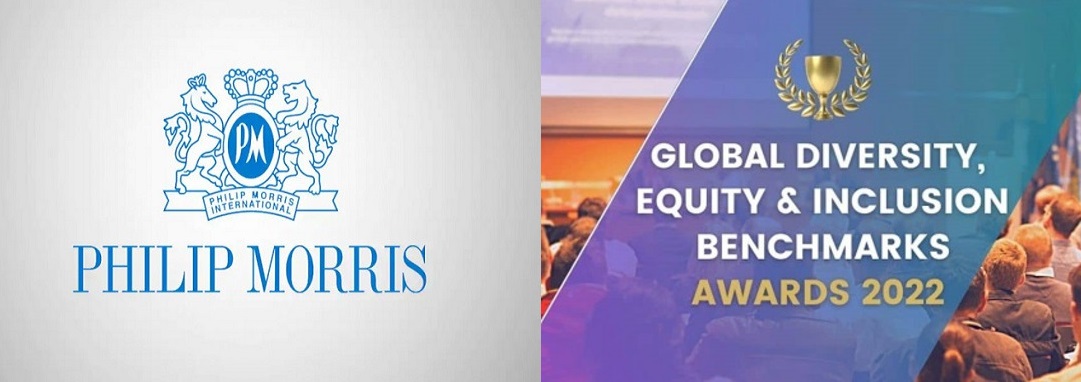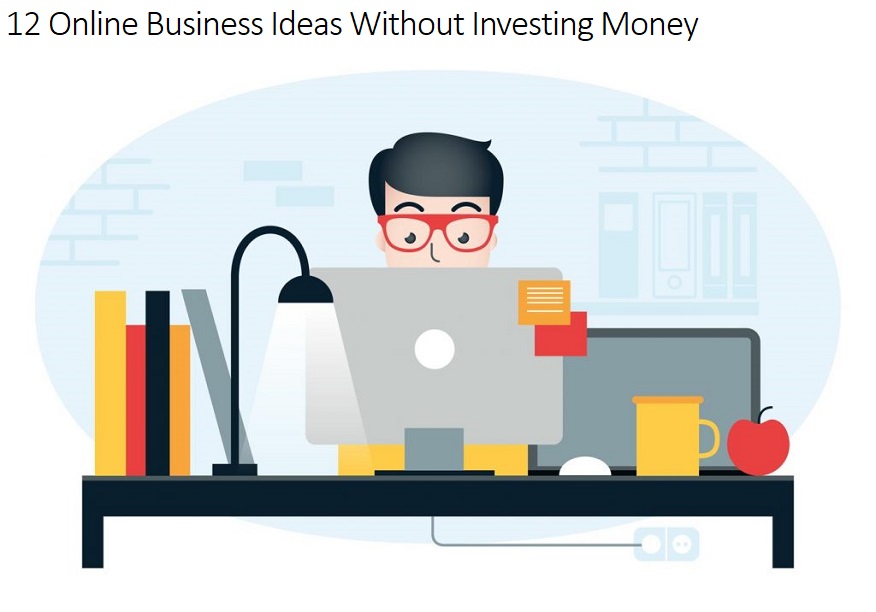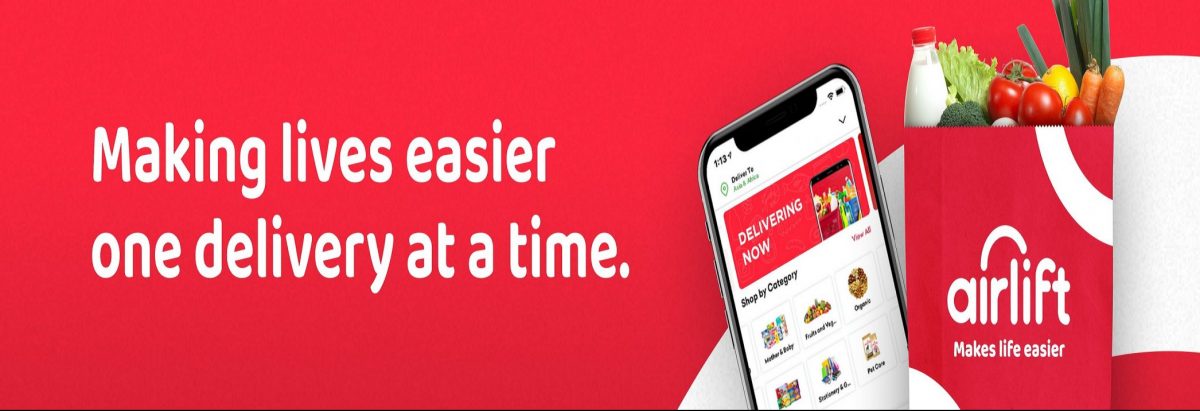Gone are the days when a company could avoid using digital marketing in its marketing strategy. While the phrase “digital marketing” was coined in the 1990s, when the digital revolution exploded, firms are still cautious to enter the digital marketing sector 30 years later.
To begin, it’s full with technical jargon and acronyms such as SEO (search engine optimization), PPC (pay per click), KPI (key performance indicator), SEM (search engine marketing), CTR (click through rate), and CPC (cost per click), to name a few. Furthermore, digital marketing makes use of the internet and other online digital technologies to advertise products or services, which is an area in which most organisations lack internal experience.
What is Digital Marketing?
Digital marketing is an umbrella word for all sorts of internet marketing. It includes, among other things, video marketing, email marketing, content marketing, social media marketing, SEO, PPC, display advertising, and mobile marketing.
Because digital marketing is frequently done in real time, you can constantly assess the strategy, content, and campaigns. This allows you to identify what is and isn’t working. Then make modifications swiftly to get you back on track.
Most effective digital marketing channels
Every business is different. Therefore, before you can determine the most effective digital marketing channels for your business, here are some key factors to consider:
- What is your brand?
- What are your business goals?
- What are your marketing goals?
- Where is your target audience?
- What is your budget?
All digital marketing channels contribute to a business’s solution and complement one another. Although the most successful digital marketing channels for your organisation will depend on the factors I discussed, here are the five most effective digital marketing channels that are trending and have been demonstrated to provide significant benefits.
Video marketing is one of the most dominant digital marketing trends today. 70 percent of consumers say that they have shared a brand’s video and 72 percent of businesses say that video has improved their conversion rate. Users view more than one billion hours of video each day on YouTube. Video enables you to convey your personality and leverages influence and persuasion, to a greater capacity than just the written word.
1. E Mail Marketing
Email marketing delivers highly relevant content to a subscriber’s inbox in a non-invasive way. It can get as much as a 3800 percent return. 20 percent of companies are seeing an ROI of $70 to $1 spent on email marketing. Newsletters should inform your target audience about the latest news, updates and tips.
Contact marketing takes permission; you can’t email a lot of people who don’t know you and don’t trust you since your emails will go directly to the spam bin and you’ll be deemed a spammer by most email servers. As a result, email marketing is a particularly potent channel for further engaging your visitors and moving them down the funnel once they’ve visited your website at least once. You might easily have a winning marketing mix if you combine SEM or SEO / Content Marketing with an excellent Email Marketing plan.
2. Content Marketing
Content marketing, like email marketing, is one of the most successful digital marketing platforms for generating ROI. According to LYFE Marketing, content marketing may produce three times the leads for around 62 percent less than traditional marketing. Leads are people who, unlike internet visitors, are extremely likely to buy your goods and become loyal customers as you maintain that relationship.
Pieces of promotional content include blog posts, infographics, video content, news, checklists, case studies, webinars and white papers—which are excellent lead magnets. Think about which ones will be most effective in speaking to your target audience, depending on where they are in the five stages of the buying cycle and how they consume information. To increase organic traffic and lead generation, you must deliver consistent, high quality content.
3. Social media marketing
According to the most recent social media marketing data, 73% of marketers say that social media marketing has been “somewhat effective” or “extremely effective” for their firm. Furthermore, 54 percent of social browsers utilise social media to do product research. Seventy-one percent of consumers who had a favourable social media experience with a business are inclined to refer the brand to their friends and family.
One of the ways to use social media to grow customers is to create original social media content, such as blogs and video, and share it on your social media platforms such as Facebook, Twitter, LinkedIn and Instagram. You can utilize these platforms to increase video sharing and photo sharing. In addition, engage with your audiences by asking questions. Most critically, promptly answer questions and reply to comments.
4. SEO
SEO (search engine optimization) will help your website rank higher, in search engine results, thereby driving more traffic to your site and potentially more business. 64 percent of marketers actively invest in SEO. There are two general elements to successful digital marketing—traffic and conversion. Organic traffic is more likely to convert at a higher rate than ad-generated traffic, since the person doing the search is actively seeking out information and has a specific want and need. Optimized conversion content, based on the buying stage your audience is in, will present them with the right message.
5. PPC
Ppc (people per click) PPC, or search advertising, allows you to appear towards the top of search results even if your website would not appear there organically. Advertisers pay every time a user clicks on one of their internet adverts. One benefit is that you are only charged when a person clicks on your ad. Another advantage is that you can more accurately target customers based on their purchasing habits, pain areas, and demographics.
Conclusion
The buyer’s journey has changed tremendously over the last decade. How and where we view information has become mainly digital. Traditional media, such as TV, print and radio, has slowly been on the decline. Digital marketing helps businesses reach their target audience effectively and consistently. If you’re not sure which channel is ideal for your company, think about who your customers are and what they want from you. Once you’ve answered those questions, you’ll be able to better identify which digital marketing channel will be most successful in reaching your target market. You can optimize a campaign to achieve success on a monthly, weekly and even daily level.
















